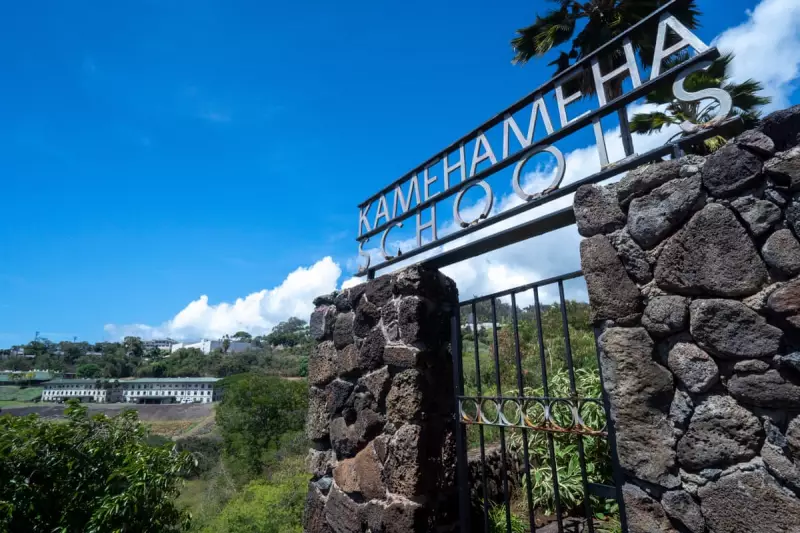
One of Hawaii's most prestigious educational institutions finds itself at the centre of a legal storm that could reshape admission policies for generations to come. The Kamehameha Schools, established through the 1884 will of Princess Bernice Pauahi Bishop, is facing a federal lawsuit challenging its long-standing preference for admitting students of Native Hawaiian ancestry.
The Heart of the Controversy
The legal action, filed in US District Court in Honolulu, alleges that the school's admission practices constitute unlawful discrimination against non-Native Hawaiian students. The plaintiffs argue that despite the school's unique historical mission, its current policies violate federal civil rights laws that prohibit racial discrimination in educational institutions.
With an endowment valued at nearly $15 billion and three campuses across the Hawaiian islands, Kamehameha Schools represents one of the largest private educational trusts in the United States. The outcome of this case could have far-reaching implications not only for the school's 6,900 students but for educational institutions nationwide with similar admission preferences.
A Legacy Under Scrutiny
School officials have vigorously defended their admission policies, emphasising that Princess Pauahi's explicit intention was to educate children of Hawaiian ancestry. "Our commitment to fulfilling Princess Pauahi's vision remains unwavering," stated a school representative. "For over a century, we have served the Hawaiian community through educational opportunities that preserve and celebrate our unique cultural heritage."
The legal challenge comes at a time when affirmative action and race-conscious admission policies face increased scrutiny across American education. Similar cases have reached the Supreme Court in recent years, creating an uncertain legal landscape for institutions with mission-based admission criteria.
What's at Stake
The lawsuit seeks to fundamentally alter how Kamehameha Schools selects its students, potentially opening admission to all applicants regardless of Hawaiian ancestry. Legal experts suggest the case could:
- Force the school to abandon its Native Hawaiian preference policy
- Set precedent for other institutions with similar admission criteria
- Challenge the interpretation of charitable trusts with specific racial or ethnic purposes
- Impact educational access for Native Hawaiian communities
As both sides prepare for a protracted legal battle, the educational community in Hawaii watches with bated breath. The outcome will not only determine the future of one of Hawaii's most iconic institutions but could redefine the boundaries between cultural preservation and educational access in America's diverse learning landscape.





